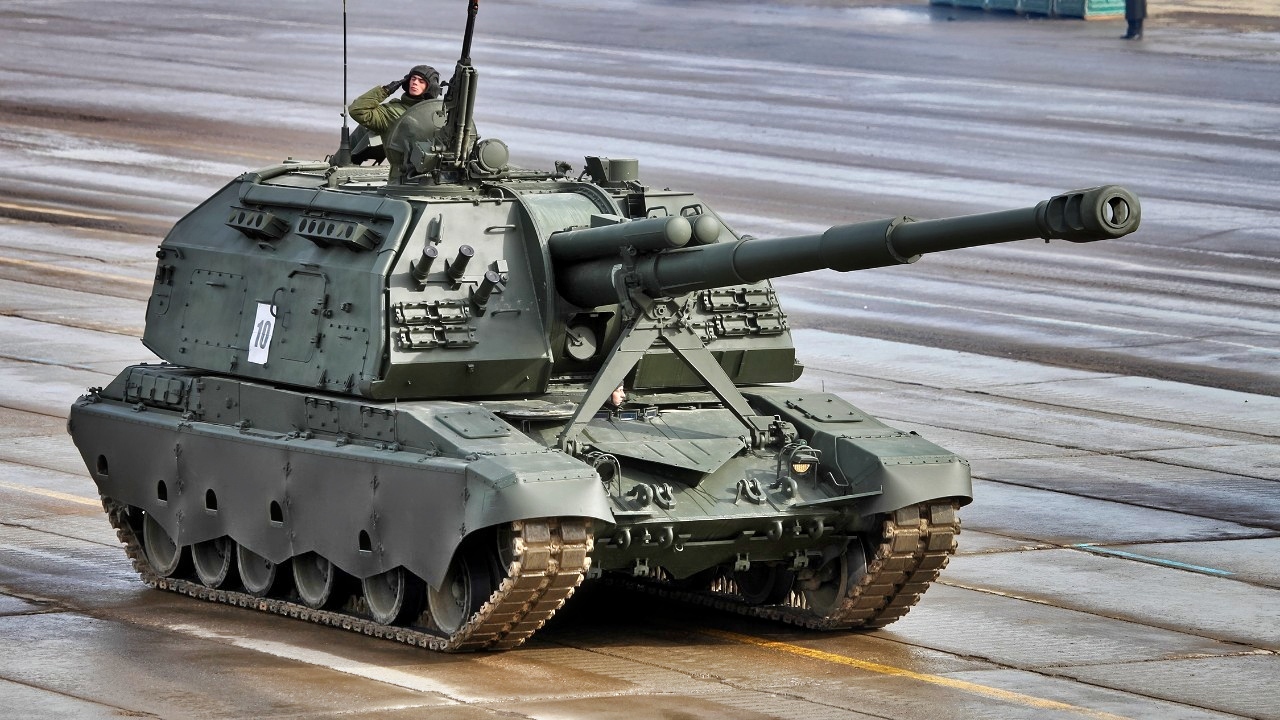Key Points and Summary – France’s plan to lead a post-ceasefire “peacekeeping” force in Ukraine has drawn a sharp rebuke from the Kremlin, escalating tensions between Paris and Moscow.
-Kremlin spokesman Dmitry Peskov condemned the proposal, which would involve a joint Franco-British mission, as “unacceptable” and “militaristic.”
-This comes as the head of the French army, General Thierry Burkhard, stated that Russia now considers France its “main enemy in Europe” due to its robust support for Kyiv.
-These French-led plans, while intended to secure a future peace, may paradoxically be making a ceasefire with a provoked Russia even less likely.
Could French “Peacekeeping” Plans Push Russia Away From A Ceasefire?
Kremlin Press Secretary Dmitry Peskov criticized French President Emmanuel Macron this week following the announcement of plans to send a peacekeeping force to Ukraine.
The French president, a staunch supporter of Kyiv, said that the force was “ready” to be deployed should Russia and Ukraine agree to a ceasefire.
In response, Peskov painted a picture of Western European aggression, stating that the “presence of foreign troops near our borders is unacceptable to us.” Peskov also accused European leaders of “militaristic” and “anti-Russian” sentiment.
Peskov’s comments follow an announcement by the British Prime Minister and President Macron on Thursday of new plans to patrol Ukrainian airspace and seas in the event of a ceasefire.
The announcement, made during a state visit to the United Kingdom, also revealed plans for a new “Multinational Force Ukraine” proposal that will see the two countries help train Ukrainian troops.
Why Russia Hates This Idea
British Prime Minister Keir Starmer revealed that the new mission would be stationed in Paris for its first year, before being moved to London. While the plans do not involve sending British or French troops to fight in Ukraine, Moscow has long viewed the training of Ukrainian troops as tantamount to direct involvement in the war.
Notably, the confirmed plans do not go as far as originally planned. Under earlier proposals for “Coalition of the Willing” countries, thousands of troops from across Europe would have been deployed to Ukrainian cities as soon as Russia agreed to a ceasefire – a move that could, in fact, have dissuaded Moscow from agreeing to a ceasefire during the last round of talks in Istanbul.
Russia’s “Main Enemy”?
During a rare press conference held in Paris on Friday, July 11, the head of the French army said that Russia considers France its “main enemy in Europe.”
General Thierry Burkhard described how Russia is particularly angry at France over its extensive support for Ukraine. The country’s commitment to providing military and financial aid to Kyiv has been consistent and generous since the outbreak of the war.
France has delivered military equipment worth approximately €2.615 billion as of the end of 2023 and contributed an additional €1.2 billion to the European Peace Facility, totalling €3.8 billion between February 2022 and December 2023.
Earlier this year, France provided a further €2.2 billion in military aid, and by January 1 of this year, it had contributed around €436 million in humanitarian aid, making it one of the biggest European contributors to the war effort.
Speaking to journalists, Burkhard said that Putin sees Paris as his main adversary because of its commitment to Ukraine, especially since January when U.S. support for Ukraine largely came to an end. Burkhard claimed that it was Putin himself who described France as his primary adversary.
The French army chief also claimed that France was prepared to defend itself against a potential attack by Russia. While Burkhard said that Putin was unlikely to launch military strikes against the country, he warned that there are “many other options,” including the propagation of misinformation online, espionage, and cyberattacks.
About the Author:
Jack Buckby is a British author, counter-extremism researcher, and journalist based in New York. Reporting on the U.K., Europe, and the U.S., he works to analyze and understand left-wing and right-wing radicalization, and reports on Western governments’ approaches to the pressing issues of today. His books and research papers explore these themes and propose pragmatic solutions to our increasingly polarized society. His latest book is The Truth Teller: RFK Jr. and the Case for a Post-Partisan Presidency.
The Best Tanks on Earth
AbramsX: The Tank the US Army Wants
M1 Abrams: The Best Tank On Earth?
Challenger 3: The British Army’s New Super Tank
